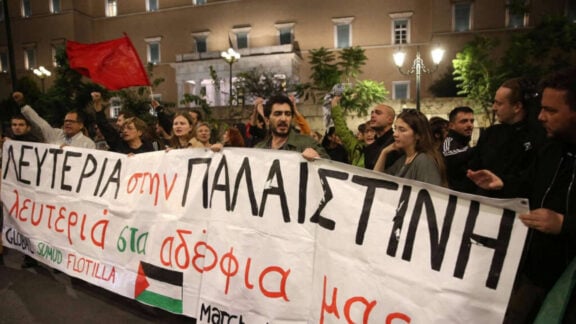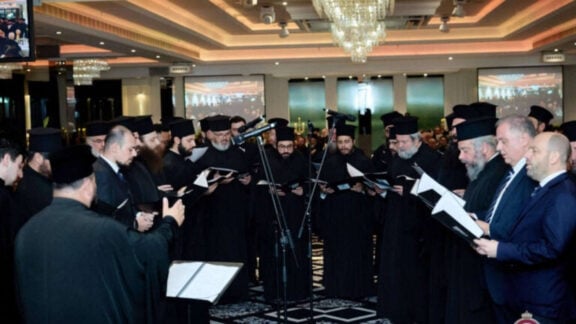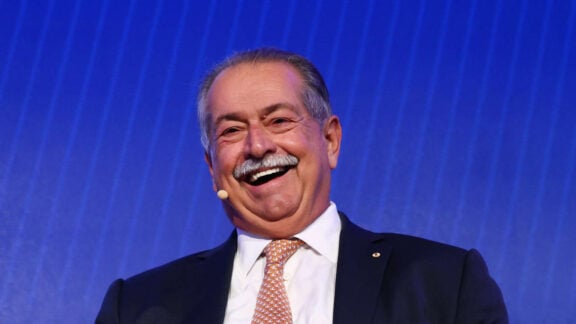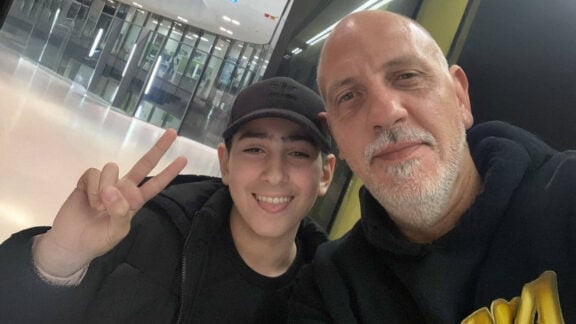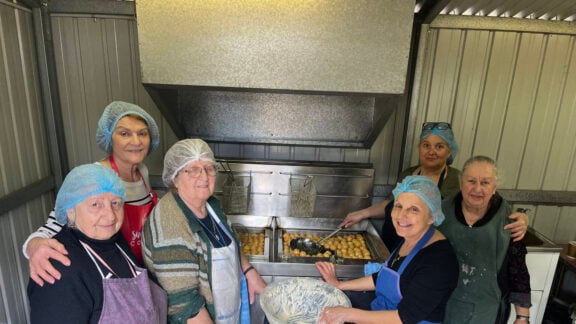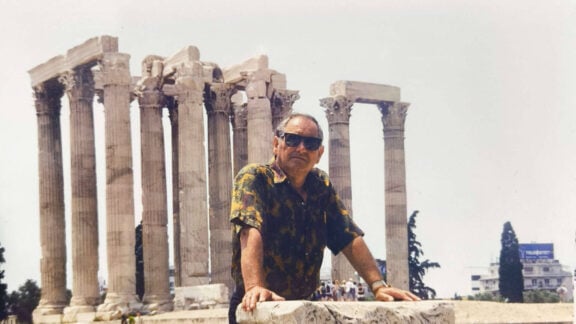A referendum will be held in Australia on 14 October and you will be asked if you support a simple change to our Constitution. The proposed change to the Constitution would recognise that Aboriginal and Torres Strait Islander peoples have inhabited this continent for 65,000 years.
Below is a summary of the Constitution, the referendum and the contents of the ballot paper.
What is the Constitution?
The Constitution is the fundamental document of Australia, it sets out the basic principles of Australia’s system of government. Parliament then makes laws about how that system works. This is the way our Constitution has always worked. For example, the Constitution says that there will be elections in Australia – from then on, it is Parliament that makes the laws about how elections are to be conducted.
Those who wrote the Constitution in 1901 knew that Australia would evolve and that the Constitution might need to be changed, that is why they included the way in which the Constitution might be changed – and that is by referendum.
What is a referendum?
A referendum is the way in which Australians change our Constitution. Australians answer yes or no to whether or not they accept or reject a change to the Constitution. This referendum is about recognising Indigenous Australians.
For 122 years, our Constitution has not recognised Aboriginal and Torres Strait Islander peoples who have lived and cared for this land for over 65,000 years. It is now time to fix that. Aboriginal and Torres Strait Islander peoples have called for them to be included in the Constitution.
What is it that we are changing in the Constitution?
You are being asked if you support a change to the Constitution. The proposed change is very simple. In summary, it reads:
“In recognition of Aboriginal and Torres Strait Islander peoples as First Peoples of this country, there shall be established a body to be known as Aboriginal and Torres Strait Islander Voice.
Representatives of the Voice will be able to advise Parliament and the Government on matters relating to Aboriginal and Torres Strait Islander peoples.
It will be up to Parliament to enact legislation that will determine exactly what form the Voice will take and how it will operate.”
Why do we need the Voice in Parliament?
Aboriginal and Torres Strait Islander peoples face serious and particular difficulties. There is an eight-year difference in life expectancy between Aboriginal and non-Aboriginal Australians. Suicide rates are twice as high among Indigenous Australians as among non-Indigenous Australians.
Disease and infant mortality rates are higher among Indigenous Australians. It is disappointing. We need to change this situation. When government leaders listen to the people, they achieve better outcomes and use funding in a better way.
Aboriginal and Torres Strait Islander Voice representatives will advise the government on how to correct these problems. If a Voice is included in the Constitution, it will gain stability and independence, now and in the future. This means that Voice representatives will be able to give their advice without getting involved in petty politics.
If the Voice is not working, Parliament will be able to fix that so that it works better. This ensures that Aboriginal and Torres Strait Islander peoples are always listened to by the government.
How did the idea for Voice come about?
The idea came directly from people of Aboriginal and Torres Strait Islander descent. It did not come from politicians.
After years of extensive consultation with people of Aboriginal and Torres Strait Islander descent about how they would like to see themselves recognised within our nation’s foundational document.
What will be the format of the Voice?
The Voice will be a committee made up of people of Aboriginal and Torres Strait Islander descent, which will advise Parliament and Government on issues affecting their communities. Members of the Voice will be selected from local Aboriginal and Torres Strait Islander communities, for local communities.
The Voice will include Aboriginal Australians from each state and territory, from the Torres Strait Islands, as well as representatives from provincial and remote communities.
Parliament and the government will still have the final say in decisions but politicians will receive better advice. We know that problems are solved faster when governments listen to communities about the issues that affect them.
And we all live better when governments spend money where it “works”. Voice will make a difference in practice, where it is needed, in areas such as health, education, jobs and housing. A Yes vote in this referendum means a Yes vote for a better future for Aboriginal and Torres Strait Islander people and for all Australians.

